Natural Remedies for Hayfever
As a seasoned blogger, I’ve delved into the world of natural remedies for hayfever. Suffering from this condition can be quite challenging, especially during peak pollen seasons. Fortunately, there are several natural approaches that can help alleviate symptoms and provide relief without relying solely on medication.

One of the key strategies when it comes to managing hay fever symptoms naturally is to focus on immune support. Incorporating foods rich in vitamin C, such as oranges and bell peppers, can help boost your immune system and reduce inflammation. Additionally, consuming local honey may potentially desensitize your body to pollen allergens over time.
Another effective natural remedy for hayfever is nasal irrigation using a saline solution. This simple yet powerful technique helps clear nasal passages of irritants like pollen and reduces congestion. Furthermore, incorporating herbal supplements like butterbur or stinging nettle may also provide relief from common symptoms such as sneezing and itching.
Understanding Hayfever
Hey there! Let’s delve into the world of hayfever. It’s one of those things that can really throw a wrench in your day. So, what exactly is hayfever? Essentially, it’s an allergic reaction to pollen or mold spores. When these allergens come into contact with your nose, eyes, throat, or sinuses, your body goes into overdrive trying to fight them off. This leads to symptoms like sneezing, itching, congestion, and watery eyes.
When you think about it, hayfever is pretty common. You might not realize just how many people are affected by it. In fact, according to the American College of Allergy, Asthma & Immunology (ACAAI), around 8% of adults in the United States suffer from hayfever. That’s a significant chunk of the population dealing with runny noses and itchy eyes when pollen levels spike.
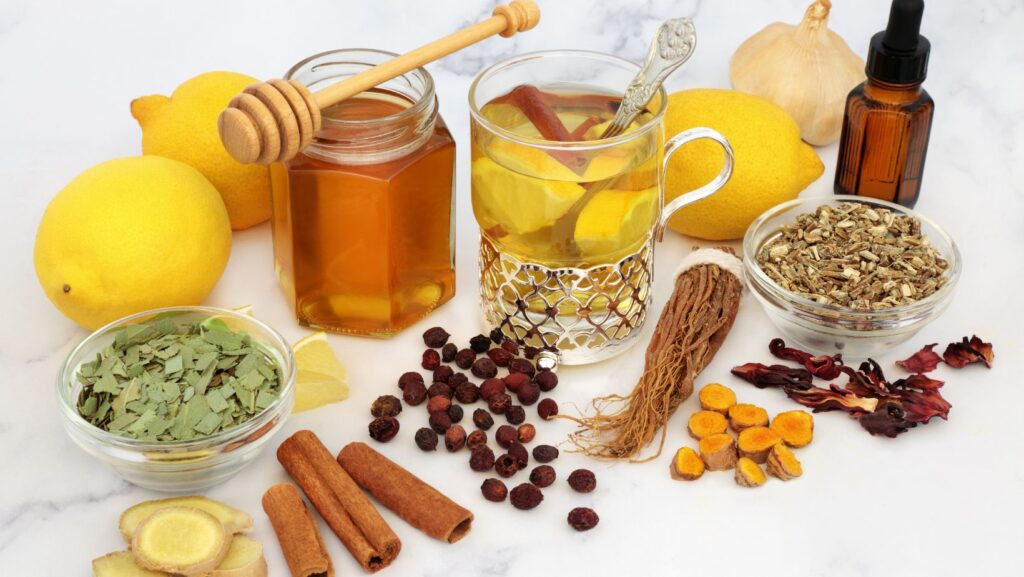
Now, let’s talk about triggers. Different types of pollen can set off hayfever symptoms at different times of the year. For example:
- Tree pollen tends to be a problem in the spring.
- Grass pollen peaks during late spring and summer.
- Weed pollen can cause issues in the fall.
Understanding your specific triggers can help you better manage your symptoms throughout the year.
It’s important to note that while hayfever isn’t usually serious or life-threatening on its own, it can definitely impact your quality of life. Imagine trying to enjoy a beautiful sunny day but constantly battling sneezing fits and itchy eyes – not fun at all! That’s why finding effective ways to alleviate symptoms and prevent flare-ups is key for anyone dealing with hayfever woes.
Benefits of Using Natural Remedies
When it comes to managing hayfever symptoms, turning to NATURAL REMEDIES can offer a range of benefits that may be appealing to many individuals. Here are some reasons why incorporating natural remedies into your hayfever treatment plan could be advantageous:
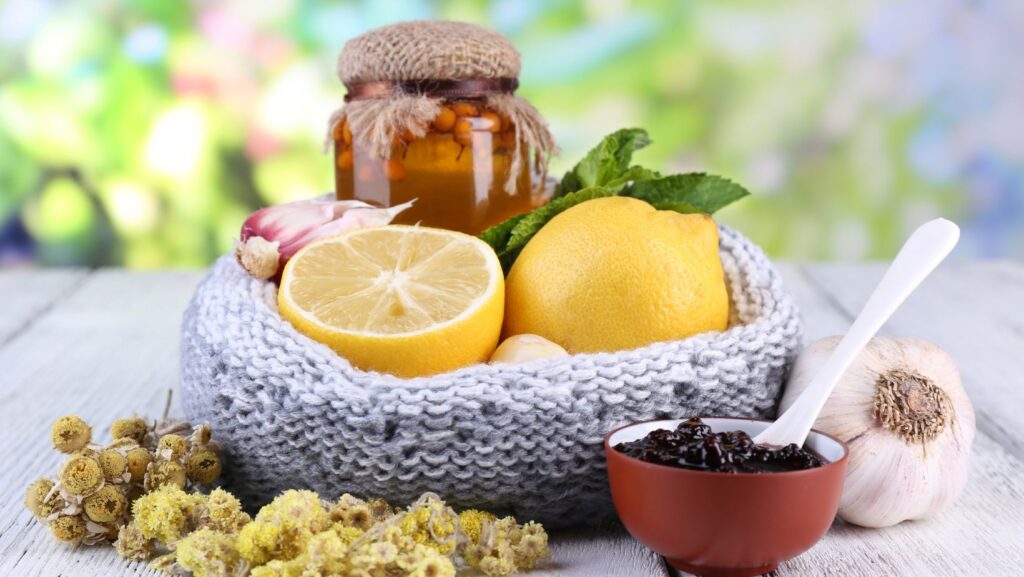
- Reduced Side Effects: One of the primary advantages of opting for NATURAL REMEDIES is the potential for fewer side effects compared to pharmaceutical options. Many over-the-counter medications can cause drowsiness, dry mouth, or other unwanted reactions. Natural remedies like local honey or saline nasal sprays typically have minimal adverse effects.
- Supports Overall Health: NATURAL REMEDIES often focus on supporting the body’s immune system and overall health rather than just alleviating specific symptoms. For instance, consuming foods rich in vitamin C and antioxidants not only helps with hayfever but also boosts immunity and promotes general well-being.
- Sustainability and Accessibility: Many natural remedies for hayfever, such as steam inhalation with essential oils or using a saline solution for nasal irrigation, are sustainable and readily available at home or in stores. This accessibility makes them convenient options for individuals looking to manage their symptoms without relying heavily on medication.
- Cost-Effective Solutions: In some cases, natural remedies can be more BUDGET-FRIENDLY than prescription medications or frequent doctor visits. Items like herbal teas, steam baths, or locally sourced products may provide relief at a fraction of the cost associated with pharmaceutical treatments.
- Personalized Approach: NATURAL REMEDIES allow for a more PERSONALIZED approach to symptom management. Individuals can experiment with different herbs, supplements, or lifestyle changes to find what works best for their unique needs and preferences.
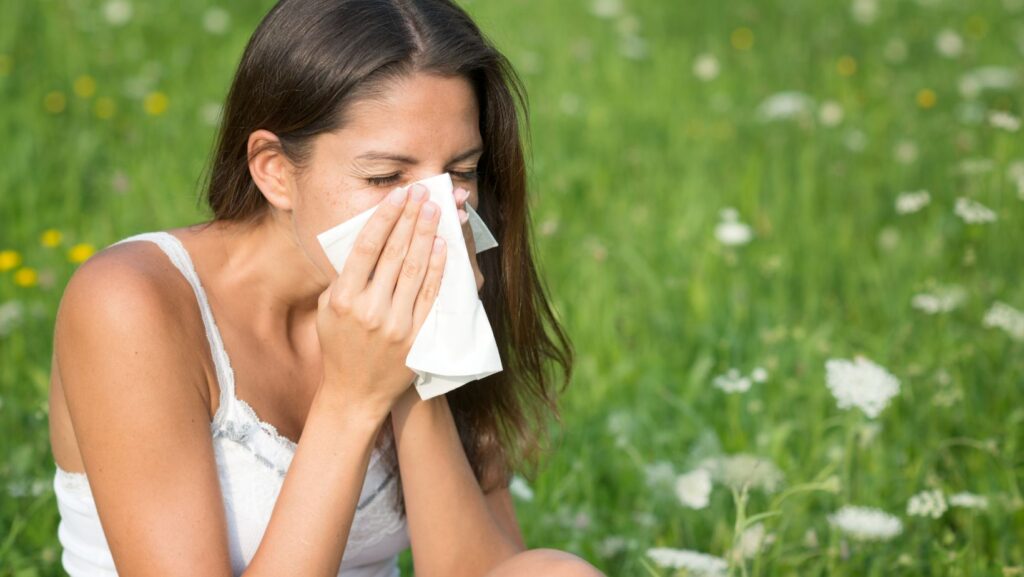
Considering these various benefits of incorporating natural remedies into your hayfever management strategy underscores the value they can bring beyond traditional medical interventions. By exploring these options thoughtfully alongside professional guidance where necessary, you may discover effective ways to alleviate symptoms while embracing a holistic approach to wellness.
One of the key strategies when it comes to managing hay fever symptoms naturally is to focus on immune support. Incorporating foods rich in vitamin C, such as oranges and bell peppers, can help boost your immune system and reduce inflammation. Additionally, consuming local honey may potentially desensitize your body to pollen allergens over time.
Popular Natural Remedies for Hayfever
When it comes to combating hayfever NATURALLY, there are several remedies that have gained popularity among sufferers. Here are some of the most POPULAR natural approaches to easing hayfever symptoms:
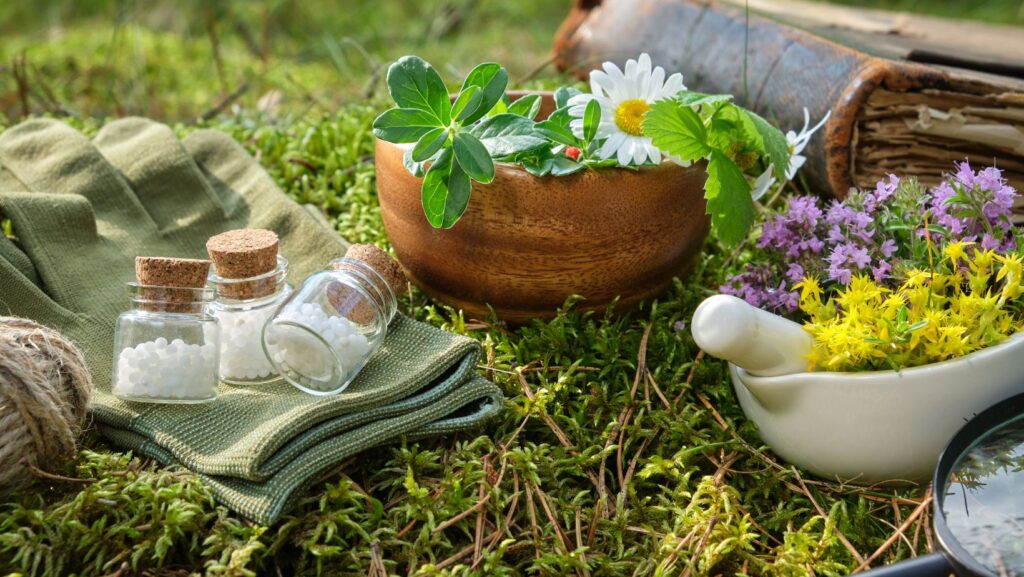
- Local Honey: Many people believe that consuming LOCAL honey can help build up immunity to pollen allergies over time. The theory is that by ingesting small amounts of local pollen through the honey, the body may become less reactive to airborne pollen during allergy season.
- Butterbur: An HERBAL supplement derived from the butterbur plant has shown promising results in reducing hayfever symptoms. Butterbur is thought to have anti-inflammatory properties that can help alleviate nasal congestion and sneezing.
- Quercetin: A naturally occurring plant compound found in foods like onions, apples, and green tea, quercetin is believed to have ANTIHISTAMINE and ANTI-INFLAMMATORY effects. Some studies suggest that quercetin supplements may help reduce hayfever symptoms by stabilizing mast cells and decreasing histamine release.
- Nettle Leaf: Nettle leaf is a common herb known for its ability to reduce inflammation. It’s often used in herbal teas or supplements to alleviate allergy symptoms like itching and sneezing. Some individuals find relief from hayfever by incorporating nettle leaf into their daily routine.
- Saline Nasal Irrigation: Rinsing the nasal passages with a saltwater solution can help FLUSH OUT irritants like pollen and dust, providing temporary relief from congestion and runny nose associated with hayfever. This practice is widely recommended as a safe and effective way to clear nasal passages.

Exploring these popular NATURAL remedies for hayfever may offer individuals alternative options for managing their symptoms without relying solely on conventional medications. Remember that individual responses may vary, so it’s essential to consult with a healthcare provider before making significant changes to your allergy management routine.
When you think about it, hayfever is pretty common. You might not realize just how many people are affected by it. In fact, according to the American College of Allergy, Asthma & Immunology (ACAAI), around 8% of adults in the United States suffer from hayfever. That’s a significant chunk of the population dealing with runny noses and itchy eyes when pollen levels spike.
Lifestyle Changes to Manage Hayfever
Hayfever can significantly impact daily life, but certain lifestyle adjustments can help alleviate symptoms and improve quality of life. Here are some practical changes that may assist in managing hayfever effectively:
Outdoor Activities
- Avoid Peak Pollen Times: It’s beneficial to plan outdoor activities outside peak pollen times when pollen levels are lower.
- Wear Sunglasses: Wearing sunglasses can help protect your eyes from airborne allergens like pollen.
Home Environment
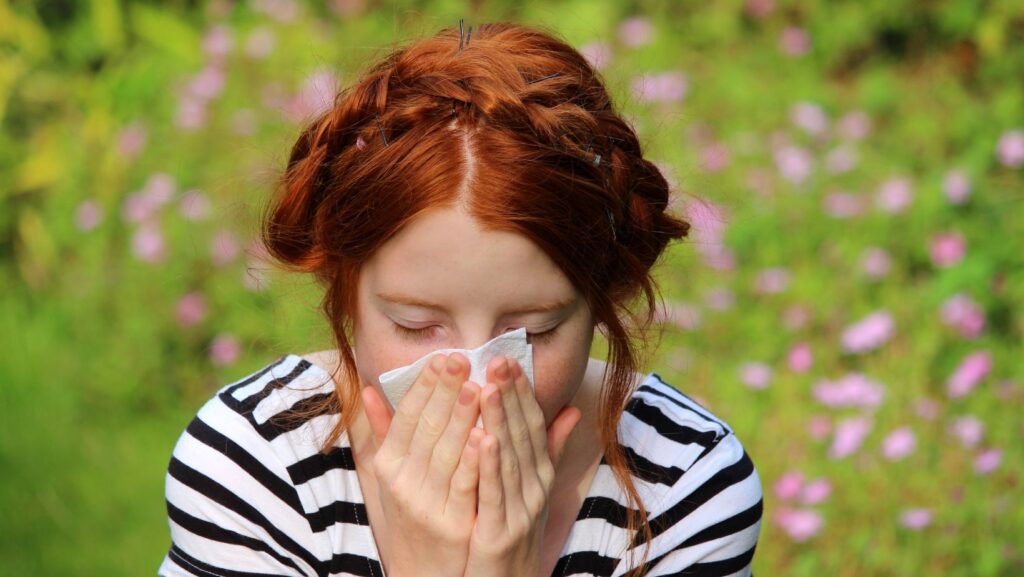
- Keep Windows Closed: Keeping windows closed, especially on high pollen days, helps prevent pollen from entering your home.
- Clean Regularly: Regular cleaning, including vacuuming and dusting, can reduce indoor allergens that may trigger hayfever symptoms.
- Shower After Being Outdoors: Taking a shower and changing clothes after spending time outdoors helps remove pollen from your body and clothes.
- Stay Hydrated: Drinking plenty of water can help thin mucus secretions caused by hayfever, providing some relief from congestion.
